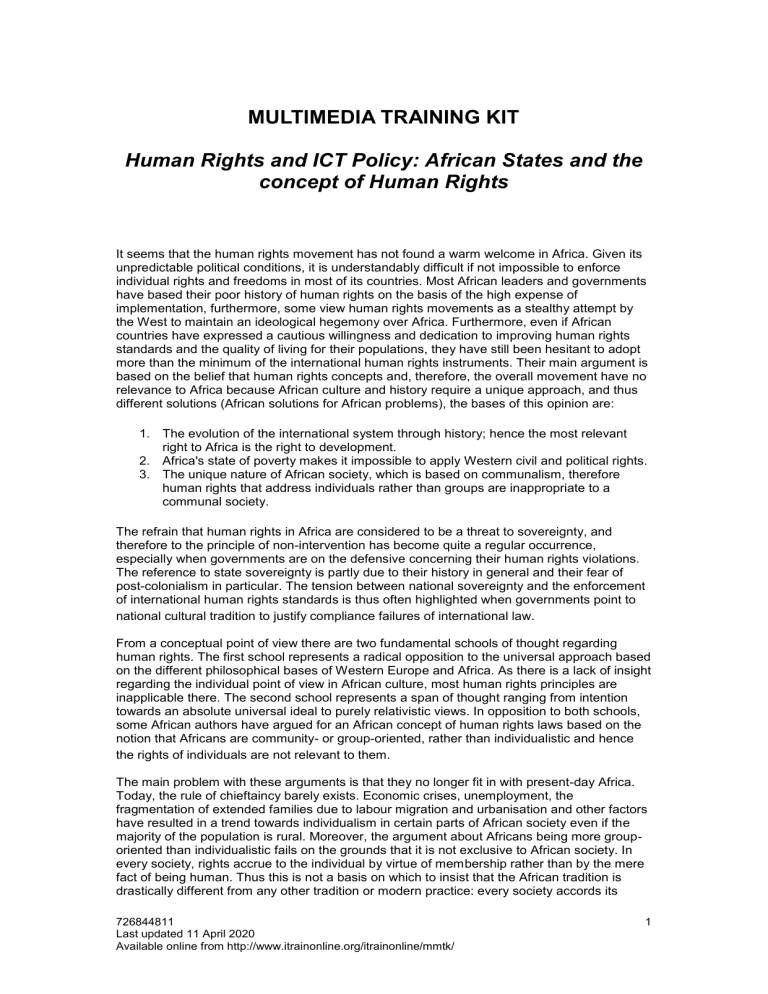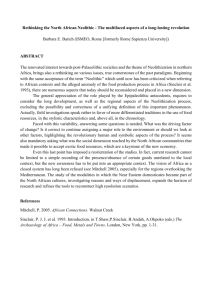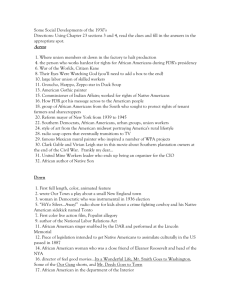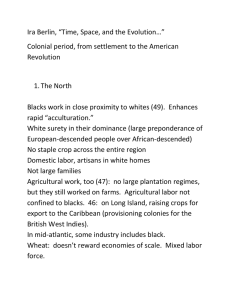African States and the concept of Human Rights

MULTIMEDIA TRAINING KIT
Human Rights and ICT Policy: African States and the concept of Human Rights
It seems that the human rights movement has not found a warm welcome in Africa. Given its unpredictable political conditions, it is understandably difficult if not impossible to enforce individual rights and freedoms in most of its countries. Most African leaders and governments have based their poor history of human rights on the basis of the high expense of implementation, furthermore, some view human rights movements as a stealthy attempt by the West to maintain an ideological hegemony over Africa. Furthermore, even if African countries have expressed a cautious willingness and dedication to improving human rights standards and the quality of living for their populations, they have still been hesitant to adopt more than the minimum of the international human rights instruments. Their main argument is based on the belief that human rights concepts and, therefore, the overall movement have no relevance to Africa because African culture and history require a unique approach, and thus different solutions (African solutions for African problems), the bases of this opinion are:
1. The evolution of the international system through history; hence the most relevant right to Africa is the right to development.
2. Africa's state of poverty makes it impossible to apply Western civil and political rights.
3. The unique nature of African society, which is based on communalism, therefore human rights that address individuals rather than groups are inappropriate to a communal society.
The refrain that human rights in Africa are considered to be a threat to sovereignty, and therefore to the principle of non-intervention has become quite a regular occurrence, especially when governments are on the defensive concerning their human rights violations.
The reference to state sovereignty is partly due to their history in general and their fear of post-colonialism in particular. The tension between national sovereignty and the enforcement of international human rights standards is thus often highlighted when governments point to national cultural tradition to justify compliance failures of international law.
From a conceptual point of view there are two fundamental schools of thought regarding human rights. The first school represents a radical opposition to the universal approach based on the different philosophical bases of Western Europe and Africa. As there is a lack of insight regarding the individual point of view in African culture, most human rights principles are inapplicable there. The second school represents a span of thought ranging from intention towards an absolute universal ideal to purely relativistic views. In opposition to both schools, some African authors have argued for an African concept of human rights laws based on the notion that Africans are community- or group-oriented, rather than individualistic and hence the rights of individuals are not relevant to them.
The main problem with these arguments is that they no longer fit in with present-day Africa.
Today, the rule of chieftaincy barely exists. Economic crises, unemployment, the fragmentation of extended families due to labour migration and urbanisation and other factors have resulted in a trend towards individualism in certain parts of African society even if the majority of the population is rural. Moreover, the argument about Africans being more grouporiented than individualistic fails on the grounds that it is not exclusive to African society. In every society, rights accrue to the individual by virtue of membership rather than by the mere fact of being human. Thus this is not a basis on which to insist that the African tradition is drastically different from any other tradition or modern practice: every society accords its
726844811
Last updated 11 April 2020
Available online from http://www.itrainonline.org/itrainonline/mmtk/
1
members certain rights by virtue of membership. Finally the communal version of dignity and justice does not only describe an African concept of human rights. It also describes most rural societies' general world view. Such views tend to work on a small scale level but become more difficult to accept on a larger scale. Nevertheless, for a majority of Africans, the unequal allocation of responsibility and privileges according to age, gender or social status is still a fundamentally valued way of directing society. However, the continued existence of ethnic communalism should not be taken as an argument against human rights in Africa.
In order to fully grasp the African perception of human rights, first one has to grasp the general concept of law in Africa. In Africa there is no static or uniform concept of law. It is rather subject to extreme variation in relation to time as well as location. For instance, traditional customary law is characterized by its close connection to the identity and intimate internal structure of the society in which it operates and from which it has originated and developed. Moreover, a distinction has to be made between three major cultural influences still existing in Africa: Islam, Christianity and animism. Their influence on the African way of perceiving the law is of great importance. In African law the group and not the individual is of primary importance, the social order proceeds on the basis of obligations which are not sharply distinguished between the legal and the moral. Justice consists not in enforcing rights but in bringing about a harmonious settlement between the disputants so as to assure group cohesion. With this in mind, we can say that current international human rights standards are by no means alien to African traditions and could even be defined on the basis of traditional
African value systems and institutional practices. In fact in some instances, African systems have offered a standard of treatment that coincides with the rights contained in modern
Western codes. Sometimes the standards of behaviour expected in Africa even exceed what would be regarded as adequate in the West. For instance, the right to life in Africa is enshrined in a general prohibition against killing and in an obligation to feed and shelter all the members of the community. Undoubtedly, the African communal concept of social justice has many elements that could buttress a human rights-based approach and can be adapted to enable individuals to make enforceable claims against the State.
Maybe the African norm simply lacks the general legal terminology used to conceptualise its
Western counterpart. More accurately, we could say that it used to lack the legal terminology.
Indeed, agreeing with the idea that for any law to develop and be productive, it must be rooted in the culture and tradition as well as in the realities of the people for whom it is made, the African states have decided to have their own implementation of human rights. They have created an implementation that reflects their values, their traditions and their cultures while complying with other international mechanisms.
726844811
Last updated 11 April 2020
Available online from http://www.itrainonline.org/itrainonline/mmtk/
2









